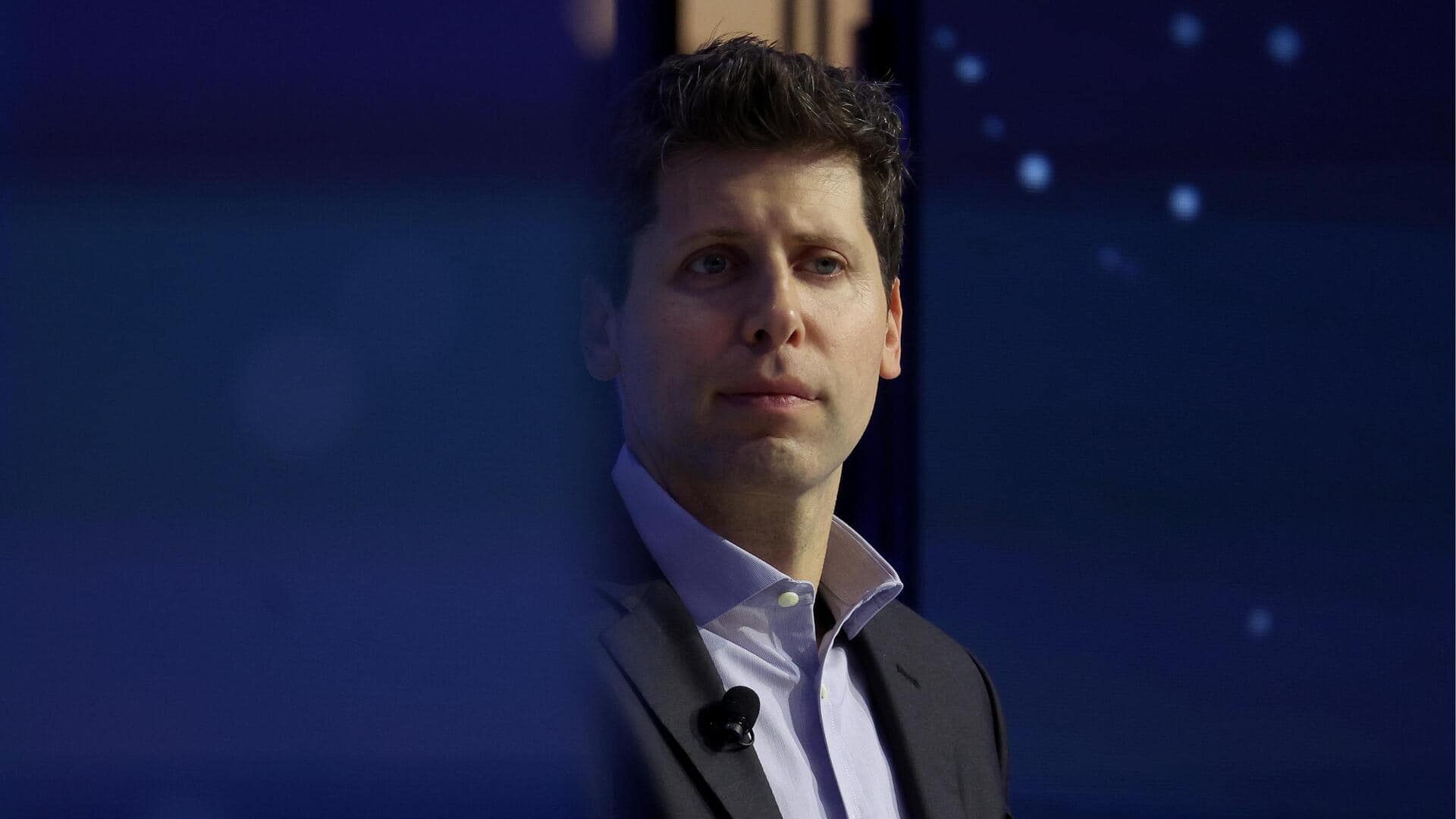
Can money buy happiness? Altman's basic income research weighs in
What's the story
OpenAI's billionaire CEO Sam Altman's three-year universal basic income (UBI) trial, the largest in the United States, has concluded and revealed significant benefits for low-income individuals. The study involved giving 1,000 participants $1,000 a month with no conditions attached. Meanwhile, a control group of 2,000 people received $50 a month. The research was conducted by Altman's OpenResearch during his tenure as president of Y Combinator in 2016 to examine fundamental questions surrounding UBI.
Study findings
UBI trial shows positive impact on employment choices and philanthropy
The study found that recipients primarily used the money for life necessities and became more selective in their employment choices. The UBI increased participants' sense of agency, leading them to start their own businesses or opt for lower-paying jobs with more independence. Additionally, it helped them budget their finances for future planning and enhance their prospects through further education. They also increased their overall monthly spending and provided more financial support to others in need compared to the control group.
Mixed outcomes
UBI trial reveals mixed results on health
Despite recipients making more use of medical care and reducing excess alcohol and drug use, the study found no direct evidence of improved access to healthcare or enhancements in physical and mental health. The researchers suggested that $1,000 per month might not be enough to overcome larger systemic barriers to healthcare access. Additionally, while recipients were 10% more likely to actively seek employment compared to the control group, this led to a 2% decrease in recipient employment.
Labor impact
Study's impact on labor supply deemed "moderate"
Eva Vivalt, a University of Toronto economist and one of the principal researchers, stated that the decrease in labor supply was "moderate" and unlikely to significantly impact the American economy. However, she noted that there was no evidence that recipients being more selective about their employment led to better job quality or higher earnings. The study also revealed that recipients were not necessarily looking for higher-paying jobs but rather roles they found more fulfilling.
Future predictions
Altman's continued advocacy for UBI amid AI developments
Altman has remained a strong supporter of UBI over the years. He warned in 2021 that without appropriate public policy adaptations, the adoption of AI technology could shift even more power from labor to capital, leaving most people worse off than they are today. Altman predicted that as technology continues to eliminate traditional jobs and create new wealth, some version of UBI would be required at a national scale.